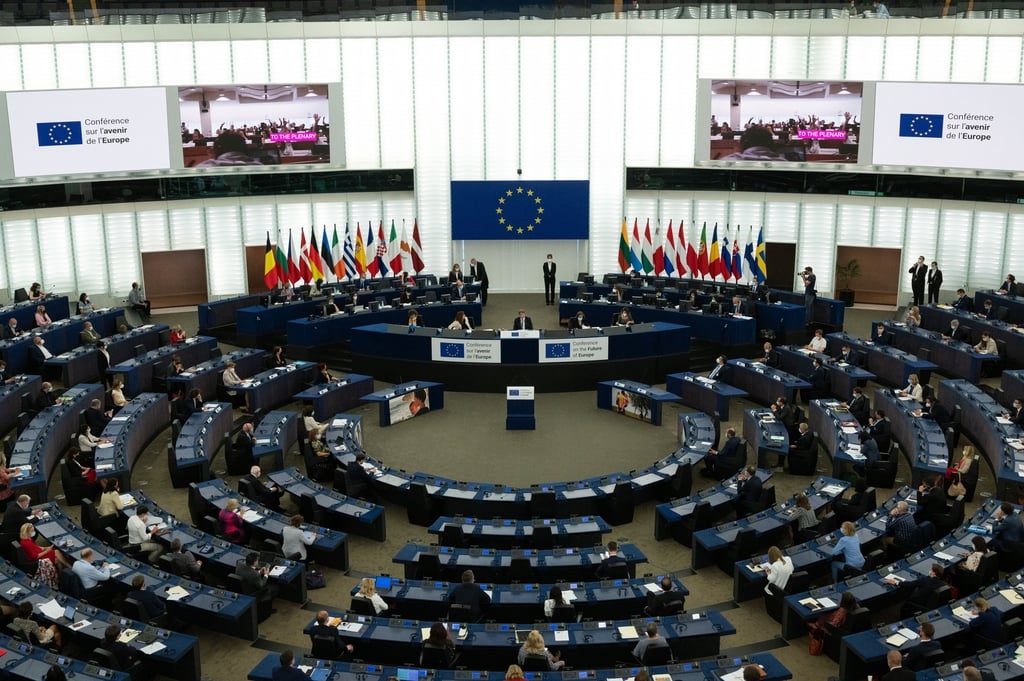
Hungary’s Foreign Minister, Péter Szijjártó, has called the proposed EU carbon tax on drivers of conventional cars “insane.”
After a meeting of the Organization for Economic Co-operation and Development (OECD) in Paris on Thursday, he said the proposal must be abandoned at all costs.
“Judging from the developments of the recent past, the world appears to have embarked on an uncontrollable rollercoaster with regard to the economic outlook,” Szijjártó emphasized.
Tackling global challenges appears a forbidding task, Szijjártó said, adding that two things must be avoided. “One is not to increase the tax burdens of people and the other is not to make countries that are not responsible for war in Ukraine to pay its price,” he said.
“We reject any form of tax changes that would put extra burdens on people,” the Foreign Minister said.
In a plenary vote on Wednesday, MEPs adopted their position on proposed rules to revise the CO2 emissions performance standards for new cars and vans with 339 votes in favor, 249 against, and 24 abstentions.
With the adopted text, which constitutes Parliament’s position to negotiate with Member States, MEPs supported the Commission proposal to reach zero-emission road mobility by 2035. Intermediate emissions reduction targets for 2030 would be set at 55% for cars and 50% for vans.
However, in a separate vote on the same day, the European Parliament rejected several key elements of the EU’s climate package, Fit for 55. Lawmakers refused to adopt positions on the reform of the EU’s carbon market, the introduction of a carbon border tax, and the establishment of a Social Climate Fund.
Related article
In Line with the Hungarian Goverment’s Original Stance, EP Rejects Climate Tax Proposal
The surprise result of the vote aligns with the position of the Hungarian government, which has long been firmly opposed to the introduction of the tax, arguing that polluting corporations, rather than people, should bear the cost of the green transition.Continue reading
MEPs then agreed to refer the motion, as well as interlinked reports dealing with the carbon border tax and the Social Climate Fund, back to the committee.
Following the vote, Hungary’s governing Fidesz party MEP Edina Tóth called the rejection of the climate tax “a big win” for her group, which has long been firmly opposed to the introduction of the tax, arguing that polluting corporations, rather than people, should bear the cost of the green transition.
Featured photo via Péter Szijjártó’s Facebook page

